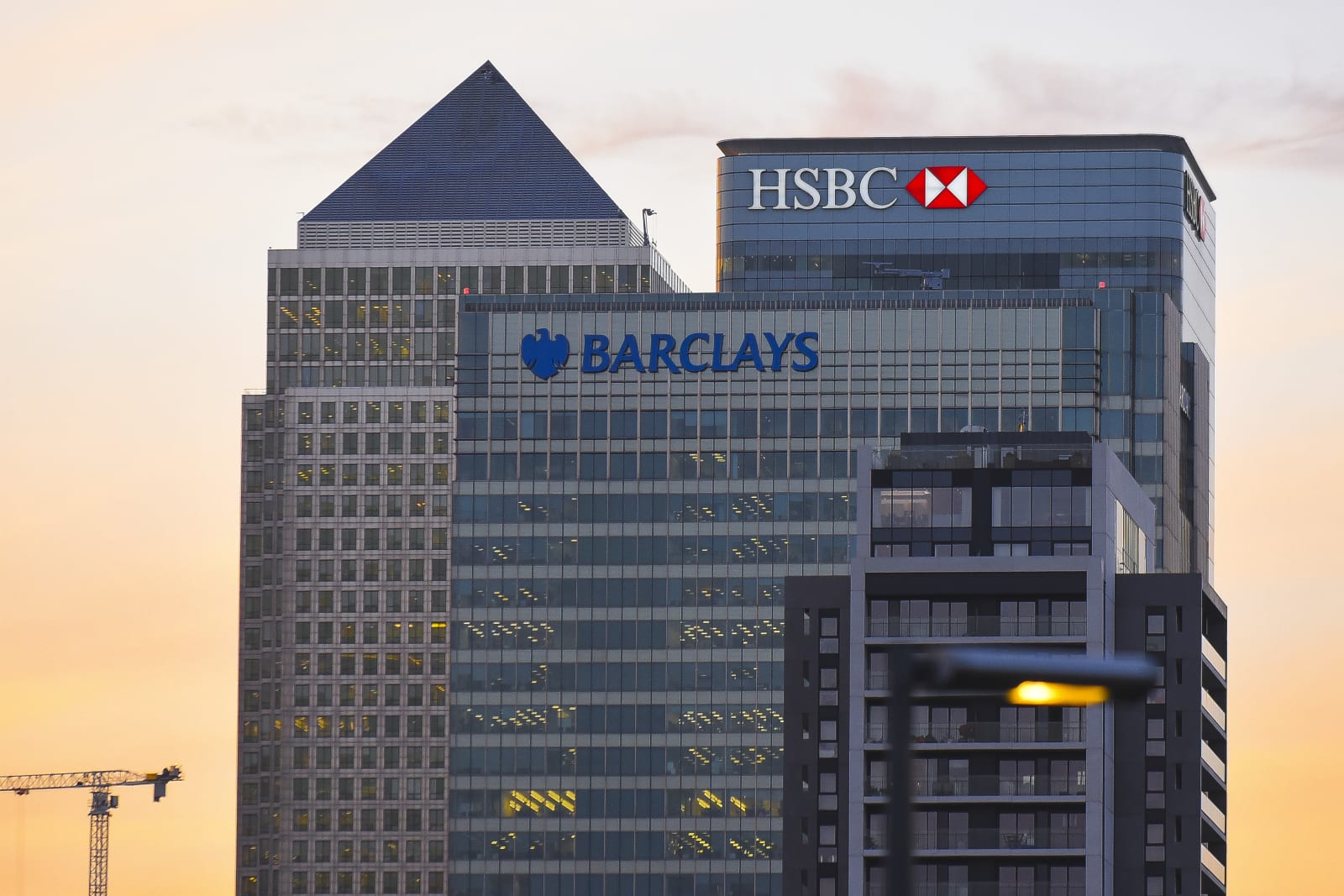Open Banking is here to change how you manage your money

After completing a review of the retail banking sector back in the summer of 2016, the UK Competition and Markets Authority (CMA) concluded that stagnation had set in. It found that hardly anyone switches banks each year, and the huge financial institutions don't put a lot of effort into retaining or competing for business. Among a number of reforms the CMA put into motion was "Open Banking," which requires all the big banks to make your financial data accessible in a standard format. The deadline to comply with the open banking initiative passed over the weekend, and several key names have missed the launch. It's now officially up and running, however, and it promises to completely change how you choose and use all kinds of financial services.
On the face of it, open banking is just a data standard. What banks have to do is take your current account transaction history and make it available to other banks and accredited third-party services (securely, of course) when you give consent. Over the new few years, this will be expanded to include credit cards and other financial products. What can actually be done with all that data is where it gets interesting. One simple benefit of open banking is you can use one app to manage all your accounts at different banks, and move money between them (HSBC is already cooking one of these up). And if you'd be better off at a bank with lower overdraft charges, then another app could take the hassle out of switching.
In the future, you could let a comparison service look at your credit card history. It might tell you to move your debt to a competitor with a lower interest rate. On the other hand, given you square away the total balance each month, you might actually be better off with a card that has a higher interest rate but a better rewards and perks scheme. With all this data easy to read and to compare, it should make the big retail banks more competitive. If you can move all your savings into an account at another bank at the click of a button, it's within your current provider's interests to make sure you stay. That's exactly what the CMA is trying to achieve, of course, while also giving smaller banks and fintech services greater exposure in an industry dominated huge, established financial giants.
There's a ton of information buried in a bank statement. From how much you spend on vanilla lattes each month to the total you've wasted on gym memberships in the last three years. Maybe you've been really good at paying off your credit card bills, but the smarter financial decision would have been to overpay the same amount on your mortgage. The mind boggles with potential.
Some of the new wave of branchless, mobile-first banks already use financial data to offer smarter features. Monzo, for example, breaks down your spending into categories like travel, bills, cash withdrawals and eating out, and lets you set budgets so you get notified if you're spending too much on fancy dinners that month. Or there's B, which lets you set up saving goals, like the £1,000 you need for a new TV. Other fintech services that don't offer bank accounts themselves are also ready to make use of your data. Plum monitors your spending habits and automatically squirrels away what you can afford to save each month. Bean looks at all of your recurring subscriptions and suggests when it might be appropriate to switch provider, or will cancel a long-forgotten membership on your behalf.
And this is what these over-the-top services have managed to achieve with limited access to financial data. Thanks to open banking, they should get even slicker, and we're likely to see plenty more ideas of how you can better manage your money pop up -- the next generation of financial advice. Prepare to see the big banks retaliate with more of their own smart features and services, too.
Companies can only start making all that juicy data work for you once they have access to it, though. Despite all having been told long ago about the January 13th deadline, Lloyds is the only high-street name that was ready on time. In December, Barclays, RBS, Bank of Ireland, HSBC and Santander all told the CMA they weren't quite ready to meet the demands for data. Nationwide has also succumbed to some last-minute hiccups, but the extensions most were graciously granted can be counted in weeks, so customers won't be missing out on neat financial insights for long. And given the complexity of complying with open banking and making sure security is up to scratch, a few weeks isn't too bad as far as delays go.
Source: Open Banking Limited
via Engadget RSS Feed "http://ift.tt/2my7c7Q"
Comments
Post a Comment